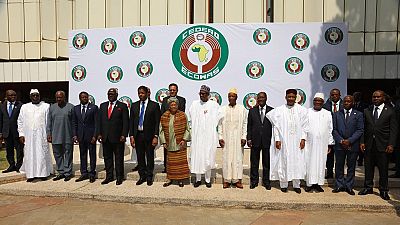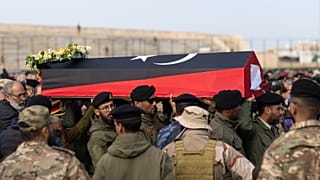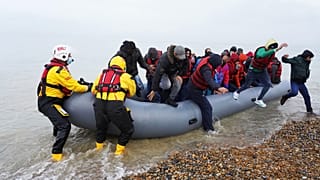Human Rights
The Economic Community of West African States (ECOWAS) has bemoaned the discrimination against women which it says is continuing in the region.
In a statement to commemorate the regional bloc’s maiden Human Rights Day on Monday, it said the discrimination hinders the realization of an integrated, prosperous and developed region.
“These situations do not only violate the principle of equal rights and respect for human dignity, but also constitute an obstacle to the participation of women, on equal terms with men, in the political, social, economic, and cultural life of their countries,” the statement said.
ECOWAS called on authorities in various countries in the region to take practical measures in the implementation of relevant provisions of Conventions, Protocols and International legal framework aimed at promoting and protecting women’s rights.
“Their (women’s) ability to obtain credit and own lands and benefit from relevant inheritance laws should be facilitated to enable women to be economically empowered,” it added.
The ECOWAS Human Rights Day was declared on December 17, 2016 during the bloc’s 50th Ordinary Session in Abuja, Nigeria where a unanimous decision was reached for an annual celebration.
The theme for this year’s celebration is focused on the promotion and protection of women’s rights in all its ramifications, the ECOWAS Commission explained.
ECOWAS is made up of 15 West African countries established on May 28, 1975. The countries include Benin, Burkina Faso, Cote d’Ivoire, Gambia, Ghana, Guinea-Bissau, Liberia, Mali, Nigeria, Senegal, Sierra Leone, Togo, Cape Verde, Guinea and Niger.













02:08
Burkina Faso, Mali and Niger launch Sahel regional force
01:32
Africa Cup of Nations moves to 4-year cycle
00:27
Attempted coup in Benin symptom of institutional weaknesses in West Africa region, UNSC hears
Go to video
Burkina Faso frees Nigerian Air Force crew
00:54
Spanish police evict hundreds of mostly illegal migrants living in a squat
01:06
Trump administration expands U.S. travel ban to five more countries